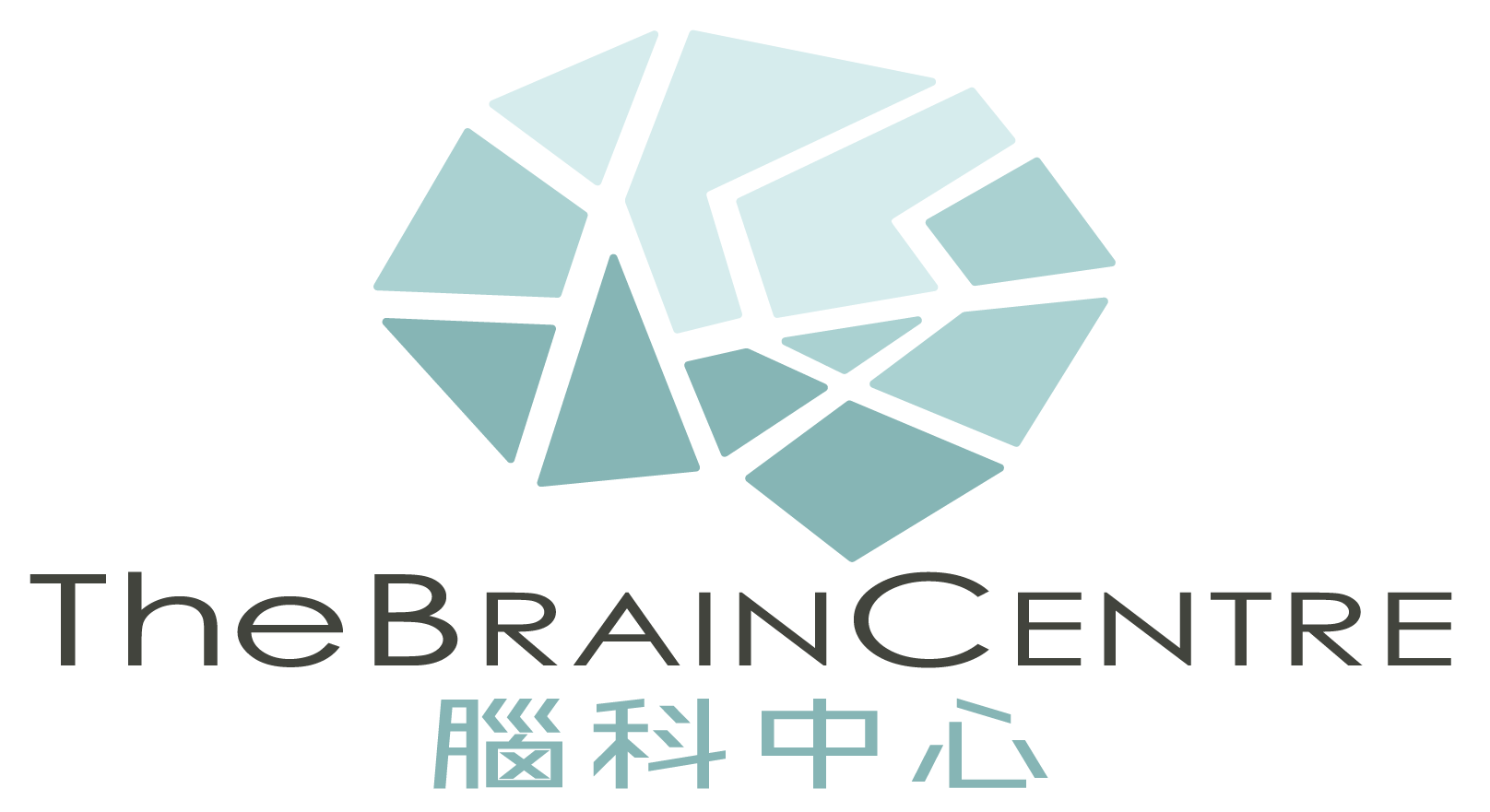Quality of life is maintained using Gamma Knife radiosurgery: a prospective study of a brain metastases patient cohort.
J Neurosurg 2017;126(3):708–725.
Skeie BS, Eide GE, Flatebø M, Heggdal JI, Larsen E, Bragstad S Pedersen PH, Enger PØ.
Objective
Gamma Knife radiosurgery (GKRS) is increasingly used in the management of brain metastases (BMs), but few studies have evaluated how GKRS impacts quality of life (QOL). The aim of this study was to monitor QOL as the primary end point following GKRS in a patient cohort with BM.
Methods
The study included 97 consecutive patients with 1-6 BMs treated with GKRS between May 2010 and September 2011. QOL was assessed at baseline and at 1, 3, 6, 9, and 12 months postoperatively using the Functional Assessment of Cancer Therapy-Brain (FACT-BR) questionnaire with the brain cancer subscale (BRCS) questionnaire. Factors predicting QOL were identified by mixed linear regression analyses. Local control and toxicity were evaluated according to Response Evaluation Criteria in Solid Tumors (RECIST) and the European Organisation for Research and Treatment/Radiation Therapy Oncology Group (EORTC/RTOG) criteria of late effects, respectively.
Results
Compliance was high from baseline (97%) to 12-month follow-up (78%). Mean BRCS scores remained high during follow-up: they improved in 66% of patients and remained unchanged in 6% at 9 months. Local control (p = 0.018), improved symptoms (p = 0.005), and stable extracerebral disease (p = 0.001) correlated with high QOL-BRCS score. High baseline recursive partitioning analysis class predicted improved QOL (p = 0.031), whereas high Karnofsky Performance Scale score (p = 0.017), asymptomatic BMs (p = 0.001), and no cognitive deficits (p = 0.033) or seizures (p = 0.040) predicted high, stable QOL-BRCS during the 12-month follow-up.
Conclusions
QOL remained stable for up to 12 months following GKRS for the total cohort. High QOL was reported if local control occurred, cerebral symptoms improved/stabilized, or the need for steroids declined, which all reflected successful GKRS. Conversely, low QOL accompanied progression of intra- and extracerebral disease. Based on the study findings, GKRS appears to be a safe and effective treatment option for patients with BMs.
